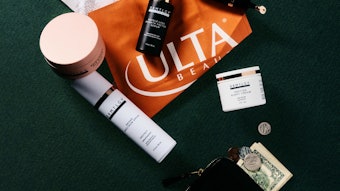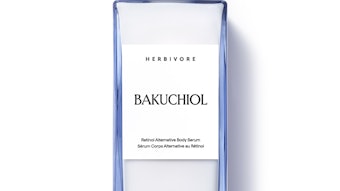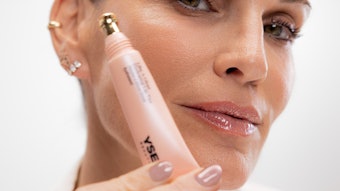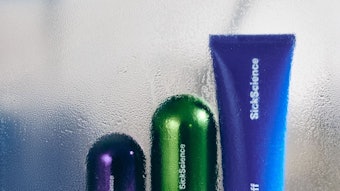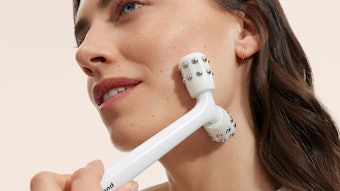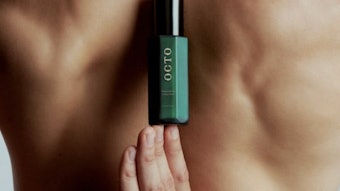
Recent research shows that a strain of C. acnes defendens—dubbed XYCM42—might be the leading candidate for a legitimate skin probiotic. What does that mean for skin care/skin biome innovation?
The 5 Requirements of a True Probiotic
Prebiotic and probiotic skincare must include true probiotics. According to a 2015 paper titled “Selective Manipulation of the Gut Microbiota Improves Immune Status in Vertebrates,” the requirements of a microbe to be considered a true probiotic are:
- A capacity to survive in the location and want improvement.
- A high resistance to stressors of the area they are meant to live in.
- A lack of transferable antibiotic resistance genes.
- The ability to confer benefits to the host by outcompeting pathogens.
- Be nonpathogenic and nontoxic and protect against disease-causing microorganisms.
How Are Skin Probiotics Good for the Skin?
Clinical data and evidence show that certain live strains and their ferments hold potential benefits for the skin, including preventing and treating skin conditions such as eczema, acne, dry skin, inflammation, wrinkles and UV-induced damage on the skin (such as skin cancers).
However, one thing that’s clear is that you cannot attribute beneficial or detrimental effects to a whole species of microbes. The strain is what’s important when considering whether a microbe is beneficial or detrimental.
Take C. acnes as an example, a species that has been considered a pathogen for at least 50 years. However, researchers now know that everyone on the face of the Earth has this microbe species on their skin. It is actually the most abundant species on the skin.
But there are thousands of strains of C. acnes, which can be grouped into three different lineages, one of which is the subspecies of C. acnes defendens. This subspecies of the C. acnes species is the most associated with healthy skin. Data suggests that this subspecies is essential to proper skin health and beauty, as it can engraft into the skin to enact benefits and change.
Knowing we have strains of C. acnes that are symbiotic in nature, companies and scientists can create products to target and help curate our skin biomes. Consumer brands and companies have begun to look into developing products to leverage this idea.
An example is Crown Laboratories’ Biojuve line of products, which uses a live strain of C. acnes defendens for skin biome care.
The Exciting Future of Skin Biome Care
C. acnes defendens’ (XYCM42) ferment has the potential to be beneficial for the skin through its antioxidant, anti-inflammatory and select antimicrobial activities. In clinical studies, benefits observed included calmed skin, increased skin hydration, decreased erythema and regulated sebum production.
Although these studies are limited, and further studies should be conducted to substantiate the findings, they have provided further evidence that certain strains of the C. acnes defendens subspecies might have a significantly beneficial influence on our skin health and appearance than was previously thought.
This is one of those times when scientists and industry experts are finding that the science that was assumed to be correct for the last several decades is now evolving due to new technologies by which we are able to better study the skin biome.
Now, experts can look at the microbes on the skin down to the strain level and realize that strains within the same species can have huge differences, morphologically and genetically. These differences can result in significant variances in how the strains affect overall skin health and beauty.
Thus, appropriate formulations derived from specific strains of the skin microbiome can support the development of novel, beneficial topical products that might be more appropriately referred to as “skin biome care” (rather than skin care), as they might address the skin health of the holobiont (human and microbes) more comprehensively than the status quo.
Thomas Hitchcock, Ph.D., is the chief science officer for Crown Laboratories, where he oversees clinical development, medical affairs, biological sciences, product development, and research and development for the privately held, fully integrated global company dedicated to developing and providing a diverse portfolio of safe and effective scientific solutions for life-long healthy skin. Dr. Hitchcock is a formally trained scientist with expertise in molecular genetics, microbiology, and dermatology. He has 20+ years of research experience, including basic science, preclinical, and clinical research across several therapeutic areas.


